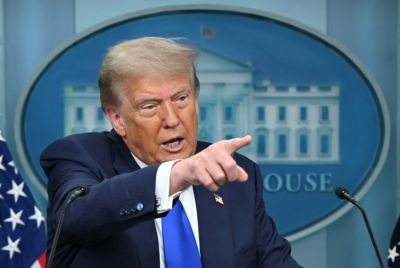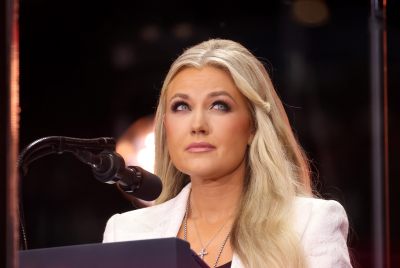American Catholics Fuel Vatican Shift While Trump's 'Luxury Economy' Drives Up Import Prices
Discover how Pope Michael's election and shifting US trade strategies are reshaping faith communities and international markets.

For the first time in its 2,000-year history, the Vatican has elected a pope from the United States ending the European dominance, whilst President Donald Trump's protectionist trade policies trigger the steepest cargo decline since the pandemic, fundamentally reshaping both spiritual and economic landscapes worldwide.
Two revolutions collided on 8 May 2025. The Vatican shattered two millennia of European papal dominance whilst Trump's 'luxury store' America triggered an 11.2% cargo collapse at Los Angeles ports. Both upheavals are reshaping how people worship, work, and pay for their weekly shopping.
When Money Talks, Rome Listens
The new pope's election reflects demographics the Vatican could no longer ignore. America's 70 million Catholics pump £3.2 billion annually into Church coffers – financial muscle that finally broke Italy's stranglehold, with seven of the last ten popes being Italian.
The new pontiff's Chicago roots position him perfectly for modern challenges Vatican traditionalists avoided: digital evangelisation, climate activism, social media ministry. Church insiders whisper about revolutionary changes coming to confession apps and virtual masses.
Trump's 'Luxury Store' Empties the Shelves
Trump's protectionist vision - describing America as an exclusive 'luxury store' - has transformed the world's busiest port into a ghost town of empty cranes and idle workers.
The result is already visible in trade volumes. According to the Port Authority of Los Angeles, Q1 2025 saw an 11.2% decline in cargo traffic, the steepest since 2020.
'This policy pivots away from affordability towards exclusivity,' said Dr Lina Morton, an international trade economist. 'It may protect certain domestic sectors but risks inflation and reduced global competitiveness.'
Trade impact
- Q1 2025 cargo volume: ↓ 11.2%
- U.S. industrial machinery exports: ↓ £1.45 billion compared to Q1 2024
- Average price of imported consumer goods: ↑ 6.8% year-on-year
The human cost shows up in supermarket queues. Industrial machinery exports have plunged £1.45 billion compared to last year. Imported goods cost 6.8% more than twelve months ago. Families buying school uniforms, mobile phones, even basic groceries feel Trump's trade philosophy in their bank accounts.
Canada Pushes Back: Tariffs and Trade Talks Tense as Exports Fall
Tensions escalated further when Canadian Prime Minister Alicia Moreau met Trump in Washington on 6 May to address mounting trade disputes. The meeting highlighted growing friction over U.S. tariffs affecting key Canadian sectors including agriculture and renewable energy.
Data from Canada's Ministry of Trade reveals devastating impacts: dairy exports to the US have plummeted 18.7%, whilst renewable energy exports have dropped 22% since January. Canada is now considering retaliatory tariffs on Canadian-made vehicles, threatening to escalate the dispute further.
'We need a rules-based system, not shifting targets,' Moreau declared after the tense Washington meeting. 'Our economies are deeply integrated, and that should be respected.'
Trade analysts warn of substantial job losses and cost increases on both sides of the border if negotiations collapse entirely.
How Global Power Shifts Are Affecting Daily Life
These seemingly distant institutional changes are creating tangible effects for millions of people worldwide.
Church members may witness unprecedented reforms around inclusion and digital outreach under American papal leadership, whilst consumers face rising prices for imported goods due to protectionist trade policies.
Cross-border employment and export industries face mounting pressure from ongoing U.S.-Canada tariff disputes, with communities dependent on international trade particularly vulnerable to economic disruption.
London-based policy analyst Farah Ali emphasises the personal stakes: 'This isn't abstract diplomacy. People will feel it in their pocket and their community.'
A World in Transition
The convergence of spiritual and economic transformation marks 2025 as a pivotal year in global affairs.
As the Vatican embraces non-European leadership for the first time in its history and the United States fundamentally redraws international trade relationships, the ripple effects are already reshaping communities and markets across continents.
Both changes represent dramatic departures from established traditions – the Church abandoning two millennia of European papal dominance whilst America retreats from decades of free trade advocacy. The long-term consequences of these parallel revolutions remain uncertain, but their immediate impact on ordinary people's lives has already begun.
© Copyright IBTimes 2025. All rights reserved.





















